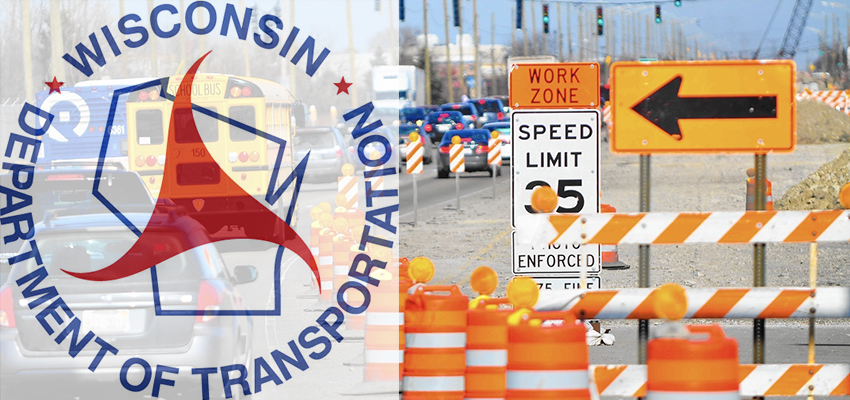
MacIver News Service | March 14, 2018
By Bill Osmulski
MADISON, Wis. – Saving the state highway program $69.2 million over the past year might make Wisconsin Department of Transportation Secretary Dave Ross and his team happy, but it’s not something they’re going to get excited about – not unless it’s part of a permanent trend.
Ross and his team came onboard last January after the DOT’s former secretary, Mark Gottlieb, resigned in disgrace. The Legislative Audit Bureau released a report that month documenting systematic waste, fraud and abuse throughout the state highway program that resulted in current projects running billions of dollars over budget.
Ross realized these problems were years in the making and their causes were firmly entrenched in the DOT bureaucracy. But he wasn’t about to write off the people who worked at the DOT. He believed they just needed the opportunity and motivation to unleash their potential. That’s why from day one, he emphasized culture change. That meant asking tough questions – a lot of them.
Does it really cost that much? Are you paying for more than you need? Have you set your priorities properly? Is the money going to the right place? Are you properly using the infrastructure you have today before you tear it up and build new?
“We had a lot of people, who have left meetings with us feeling kind of beaten down, because of the questions they were asked, but they had never been asked those questions before,” Deputy Sec. Bob Seitz explained to MacIver News Service.
Previously, design staff got promoted by working on more expensive projects. Now DOT employees compete for bonuses based on finding cost savings.
At the same time, the new secretary changed the incentive structure at the DOT. Previously, design staff got promoted by working on more expensive projects, which only encouraged them to make projects expensive. Now DOT employees compete for bonuses based on finding cost savings.
Asking tough questions and incentivizing efficiency paid off – fast. Almost overnight, the DOT became a fount of innovation, as evidenced by $69.2 million in savings in just one year.
Engineers were designing simple bridge modifications, instead of always demolishing and rebuilding them. Budget staff were consolidating federal funding, to limit the number of projects subject to federal prevailing wage and other costly add-ons. Resurfacing projects became replacement-in-kind rather than building everything bigger and expanding its footprint.
“We’re finding there were a lot of people at DOT that wanted to be challenged, and we’ve challenged those people, and they’re coming through in a fantastic way,” Seitz said.
While he was stressing efficiencies and savings, Ross tried to convince the Legislature to not increase his funding in the state budget. That request seemed ridiculous to many lawmakers, who wanted more projects in their districts, even if that meant raising the gas tax. Ross and his team argued that would undermine everything they were trying to accomplish. They argued another big reason the agency hadn’t been efficient was because it didn’t have to be.
According to Seitz, the DOT had historically been a popular agency, and “one of the prices that we pay as taxpayers for having a popular agency is that people give it more money rather than look at how the money’s spent.”
In the end, the Legislature still increased the DOT’s funding, but without the gas tax hike. Lawmakers also passed a series of reforms that allowed the DOT to be more flexible in designing and managing projects.
“…these are not transitory changes. These are permanent changes at DOT,” said DOT Deputy Secretary Bob Seitz.
In order to make sure the DOT’s new organizational culture stays in place long after Sec. Ross leaves, Gov. Walker sent the inspector general to help make it official.
“We take these reforms on a one-off basis sometimes. So, why are we doing this in this case? And we fix it in that case. And then he comes through and making sure that the policy change is done in writing and locked in, so these are not transitory changes. These are permanent changes at DOT,” Seitz said.